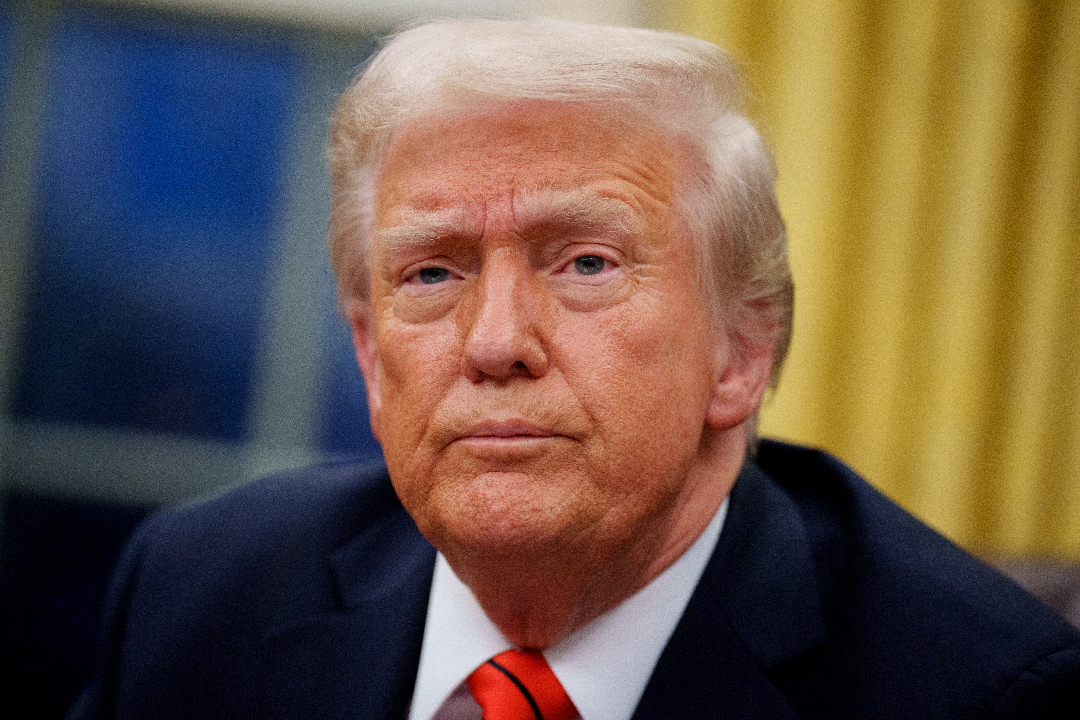Vivek Chibber
There is this view out there that the United States has always tried to ram free trade down the throats of the Global South, and it’s absolutely not true. It’s an interesting empirical puzzle, which is, you had two things happening at the same time in the postwar era: the United States trumpeting the importance of an integrated global economic order, and at the same time, the Global South was turning toward some kind of protectionist regime — imports behind tariffs. That model was called import-substituting industrialization.
All over South America, North Africa, parts of the Middle East, and all of East and South Asia, you have a turn toward import substitution — at the heart of which is tariffs. So how is the United States doing both things? How is it, on the one hand, vying for an integrated economic order, and on the other hand, accommodating tariffs? The key to it is the word “accommodation.”
Basically, after 1945, all over the Global South, you have a recent turn toward independence, a recent freedom from colonial yokes, and in the case of Latin America, the Great Depression disrupted old patterns of trade — and thereby forced on them, and created an opening for, some kind of domestic industrialization process. Now, what the United States saw all over the world is, you have middle-income countries like India, Brazil, Argentina, Mexico, even Egypt moving toward import substitution. The choice the US had was essentially to declare war on all the Global South and in doing so push them into the arms of the Soviet Union, or to accommodate it. What the United States did was to say, there’s not much we can do, so what we’re going to have to do is figure out ways of folding these countries’ economic strategies into the global order.
The US thought, for the development of its own capitalist classes’ profitability, it…
Auteur: Vivek Chibber

